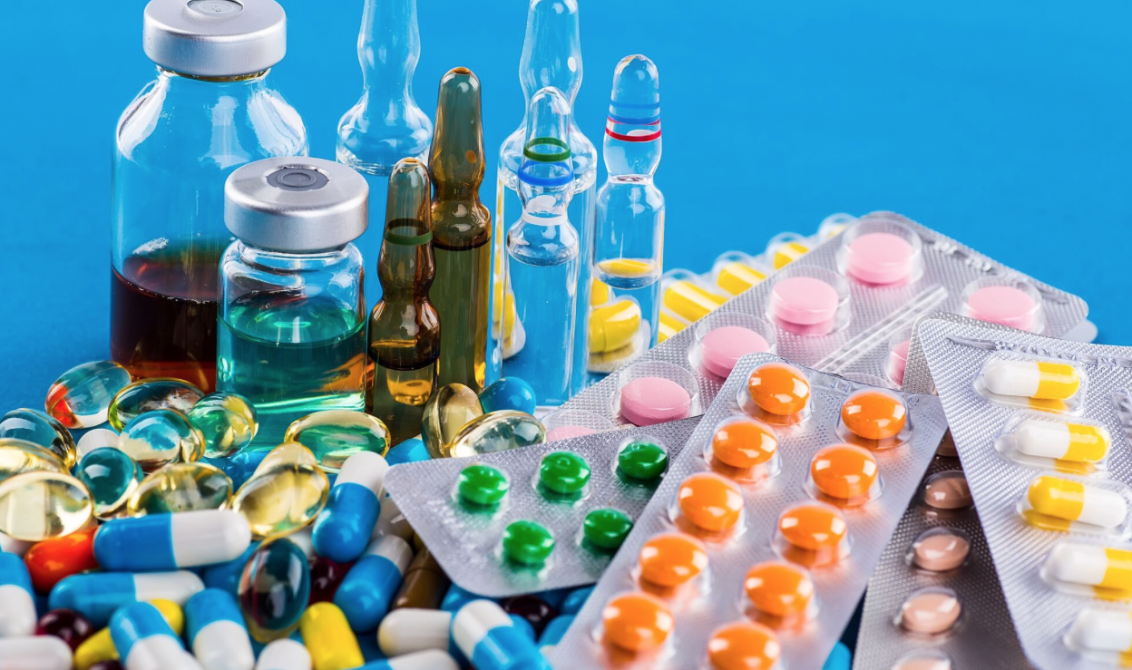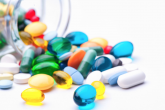
Can you imagine a world without effective antibiotics to fight common infections? It’s not as far-fetched as you may think. In February 2017, the World Health Organization (WHO) released a list of 12 bacteria, “superbugs” that are no longer responding to a variety of antibiotics. The bacteria cause common infections that include skin, wound, ear, and blood infections as well as pneumonia and diarrheal diseases.
The widespread use of antibiotics beginning in the 1950s and continuing into the 21st century is responsible for the significant improvement in reducing the burden of infectious diseases in Africa. However, a study in the U.K. two years ago released the troubling statistic that by 2050 antibiotic resistance could lead to the deaths of over 4 million people every year in Africa from simple infections like malaria, pneumonia, tuberculosis, diarrheal diseases.
What is antibiotic resistance?
An antibiotic is a medicine that can kill or prevent the growth of bacteria that cause infections. Antibiotics are some of the most prescribed drugs in hospitals and clinics in Africa – up to half of all medicines prescribed are antibiotics.
Most people think wrongly that antibiotic resistance is when your body gets “used to” an antibiotic and so the medicine doesn’t work as well as usual. Antibiotic resistance is more troubling than that. Antibiotic resistance happens when bacteria that cause infection develop the ability to resist the medicines designed to kill them!

What causes antibiotic resistance?
The primary cause of antibiotic resistance is the excessive and inappropriate use of antibiotics in humans. Antibiotic use is also now standard in agriculture for breeding cattle and chicken, which you and I eat. Exposure to weak antibiotics is another reason resistance occurs.
Some things unique to Africa make the problem worse and accelerate the spread of antibiotic resistance.
- Use of weak, low quality or counterfeit medicines is widespread due to poor governmental policy, regulation, quality control, and enforcement.
- Frequent shortages of essential antibiotics in public and private medical facilities make it easier to distribute expired and counterfeit drugs.
- Improper storage of medications in tropical climate leads to weakening of medicines.
- Failure to use only WHO recommended drugs and dosages in conditions like malaria, diarrhea, pneumonia and sexually transmitted infections.
- Overworked and poorly skilled health workers prescribe antibiotics recklessly without examination and laboratory testing.
- Limited laboratory capacity to test germs before treating to determine what antibiotics will work – this is standard practice in the developed world.
- Poor access to primary health care and the shortage of health workers cause people to rely heavily on pharmacies, patent medicine vendors and other unregulated and illegal sources of drugs.
- Illiteracy and lack of health knowledge cause individuals to use antibiotics for conditions that are not due to bacteria or that will resolve on their own.
- Self-medication is rampant.
If you or a family member received treatment for a laboratory-confirmed case of malaria or typhoid fever and didn’t get better, you may already be feeling the effects of antibiotic resistance.
Read our blog next week to learn the damaging consequences of antibiotic resistance and what you can do about it.

